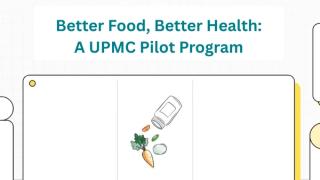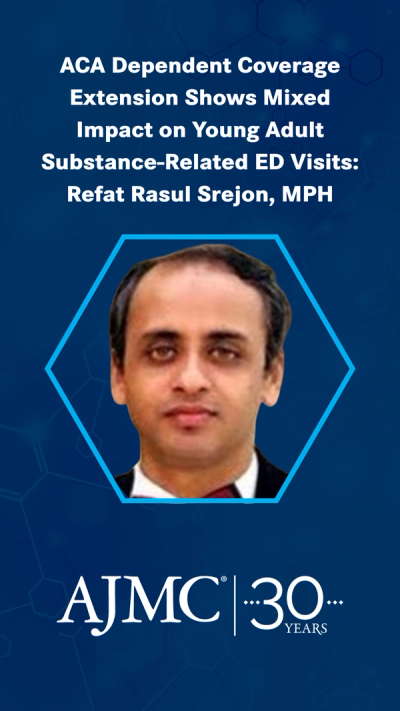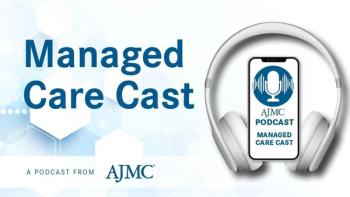
Population Health
Latest News
Latest Videos

Shorts
Podcasts
CME Content
More News

A new bipartisan funding bill funds key departments ahead of the deadline in an effort to avoid another government shutdown.

The latest dietary guidelines emphasize reducing processed foods, promoting whole foods, and increasing protein intake, aiming to improve public health.

Last week, OpenAI launched AI tools for health care organizations, including ChatGPT for Healthcare, designed to improve care and streamline administrative tasks.

Nursing home capacity has declined since the COVID-19 pandemic, causing greater strain on postacute care, especially in rural areas.

A recent study reveals that medical debt significantly increases the risk of housing instability, highlighting urgent implications for health policy and financial security.

Tobacco use significantly impacts gastric and esophageal cancer outcomes, highlighting the need for targeted public health strategies and smoking cessation efforts.

Dietary guidelines recommend more whole foods and protein while reducing added sugar and highly processed foods for healthier eating.
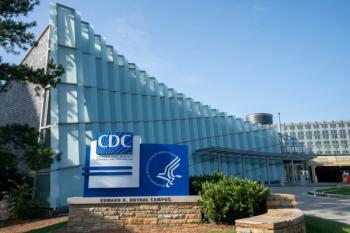
As the CDC shifts childhood vaccines to shared decision-making, new surveys show many Americans misunderstand what the policy means—and who it involves.

Patients with myasthenia gravis experience significantly higher rates of urinary incontinence and overactive bladder symptoms, impacting their quality of life.
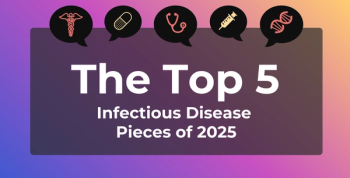
Top pieces from 2025 spanned outbreaks, an FDA drug approval, and the impact of NIH grant terminations.

A new study finds patients with unmet social needs like housing or transportation face higher ED and inpatient use and that resolving these needs may reduce utilization.

School reopenings after COVID-19 closures significantly improved children's mental health, reducing diagnoses of depression, anxiety, and ADHD.
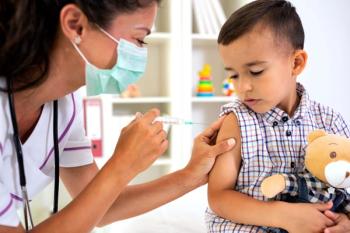
ACIP delayed the vote on the hepatitis B vaccine schedule amid ongoing controversy and misinformation surrounding vaccine safety and infant immunization.

A national survey shows high overall trust in scientists, but confidence declines steadily with political conservatism.

Children with lower redemption of key WIC foods are more likely to discontinue participation before age 3, study finds.

Guideline-recommended HF therapies do not improve major outcomes in Chagas disease, though sacubitril/valsartan improved NT-proBNP levels, new data show.
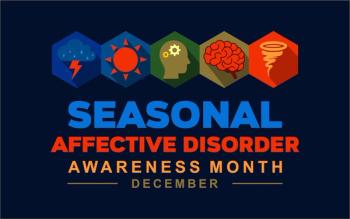
Expert insights help define the complexities of seasonal affective disorder, its unique symptoms, and effective treatment strategies.

New research shows immigrant children face higher odds of unmet medical needs as federal and state coverage rules narrow.

Shared savings reflects continued growth of long-term-care ACOs in Medicare’s value-based models.

A case-crossover study found that extreme heat increased mortality between 10% and 18%, with higher risks in vulnerable groups.

US adults with arthritis have higher odds of stress, urge, and mixed urinary incontinence, highlighting the need for routine screening and integrated care.

Svetlana Barbarash, MD, outlines the lack of cardiologists and transplant services in Las Vegas and the policy changes needed to close gender gaps in care.

The 2024-2025 US influenza season hit older adults hardest, driving hospitalizations and costs, while vaccine coverage remained below targets.
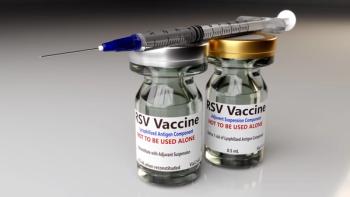
RSV vaccines protect adults 60 years and older against illness, but effectiveness declines over 2 seasons, especially in those who are immunocompromised.

Discontinuing GLP-1 use before or early in pregnancy raises gestational weight gain, birth weight percentile, and the risk of pregnancy complications.









